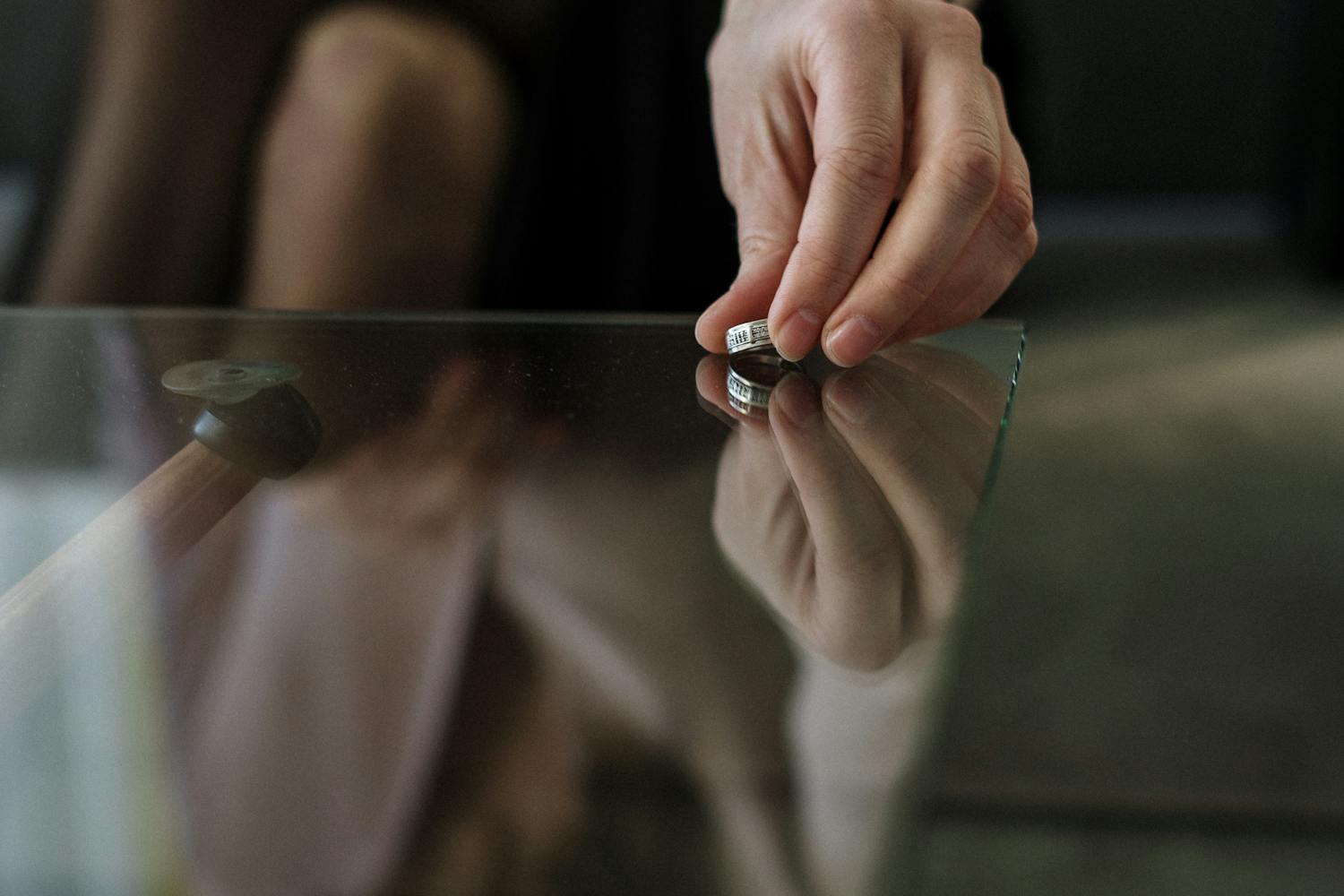Divorce is a challenging time for anyone, but that’s especially true for those who own a business. Business owners and divorce isn’t always a common topic for entrepreneurs. They’re often too busy with the day-to-day running of their business to consider what might happen should their marriage break down.
However, with its many financial and tax implications, it’s important to be prepared. In this post, we’ll explain everything you need to know about business owners and divorce, including valuing your business and seeking legal advice.
Business ownership as a divorce asset
It’s natural to want to protect your business during a divorce. Your company may have been passed through generations of your family, or perhaps it’s a new start-up you created to follow your dream. In most cases, you can’t prevent your business from being considered as an asset in the divorce proceedings. It will be included in financial settlements, along with your savings, property and pensions.
However, whilst you might be imagining a long, drawn-out legal fight, don’t worry. For example, if you operate as a sole trader without additional business assets, then the court resolution may be relatively simple. You may not even need to go to court. On the other hand, if you have a large business with many assets, then it can become more complex.
Either way, rest assured that the courts can be flexible in their rulings, and are not there to ruin your business. They ultimately aim to find a settlement that is fair for both parties. So, where possible, the courts will typically want to keep the company with its owner. They will also take into account when the business started, and whether it was inherited. If you’re at all unsure about your circumstances, it’s best to speak with family law solicitors to put your mind at rest.
Valuing your business
To arrange a financial settlement, you’ll usually need to hire an independent accountant to value your business. If you own a large business with complex assets, then a forensic accountant would typically be the best option. In most cases, they’ll be instructed by both you and your ex-spouse.
In their evaluation, the accountant will consider your business’ earnings and assets, as well the structure of the organisation. They’ll give a clear value to the business, which can then be divided in the divorce. Rather than sharing the business directly, the court may provide your ex-spouse a share of its income, or offset another asset. The business valuing process can be expensive, so it’s important to seek advice from professional family law solicitors before making a decision.
Other implications for business owners and divorce proceedings
In divorce proceedings, you’ll always need to disclose information about your business, regardless of whether you share joint ownership with other business partners. If you’re preparing to divorce, you should make any other owners of your business aware, along with your shareholders.
If both you and your ex-spouse are shareholders in the company, then typically one party will transfer their shares to the other. However, if your divorce is amicable, then you could potentially both remain as shareholders. You should also aim to consult with a tax accountant, as divorce has many potential tax implications for business owners.
Protecting your business through the next steps…
When discussing business owners and divorce proceedings, it’s essential to look to the future. There are some steps you can take to keep your business thriving – and ensure you get a fair deal in your separation.
- Settlement agreements – These can ensure that your ex-spouse cannot make future claims against you, for example, if your business income increases in several years’ time.
- Offsetting – In many cases, the courts will choose to offset another asset against the value of your business. So, if you would rather keep your business, it’s important to consider which other assets you’d be happy for your ex-spouse to receive.
- Keep clear documentation – Ensuring that you keep your business records updated, including records of ownership, can help your case to proceed smoothly.
- Stay future-focused – Whilst divorces are always challenging, you will come through the other side. Speaking with a financial advisor and creating a new business plan with your updated circumstances in mind can help you stay future-focused.
Legal advice from experienced family law solicitors
Owning a business creates additional complications when navigating a divorce. From advising on financial settlements to high net worth divorces, professional family law solicitors can support you through the difficult process.
It’s important to note that this blog post is for informational purposes only. If you’d like to discuss your circumstances further, Osbourne Pinner Solicitors offer a free 30-minute consultation, with no obligation to go further. Simply fill in our online form, or call us on 0203 983 5080. You can also email us at [email protected].




